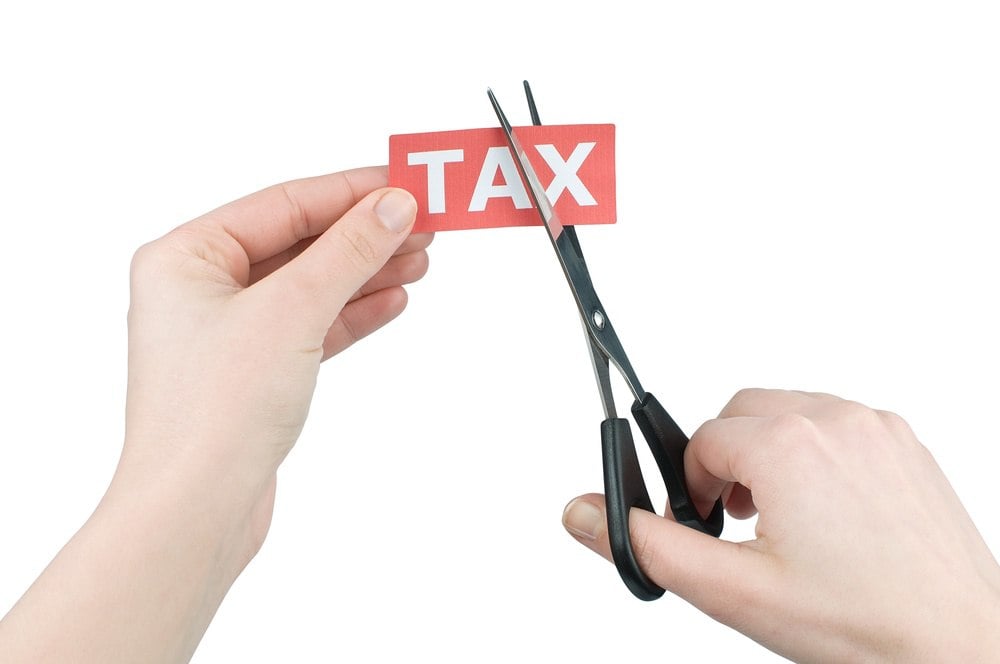Introduction to the IRS Tax Exempt and Government Entities Division
Established in 1999[1], the Tax Exempt and Government Entities Division protects the public interest by applying tax fairly and provides quality service to customers by helping them understand and comply with applicable tax laws.[2] The Tax Exempt and Government Entities Division serves a customer profile that ranges from small community organizations and municipalities to universities, huge pension funds, state governments, and participants of tax exempt bond transactions.[3] The division’s customer profile also includes those taxpayers that “pay more than $220 billion in employment tax and income tax withholding and control $8.2 trillion in assets.” [4] The division also works with employee plans, exempt organizations, and government entities.

